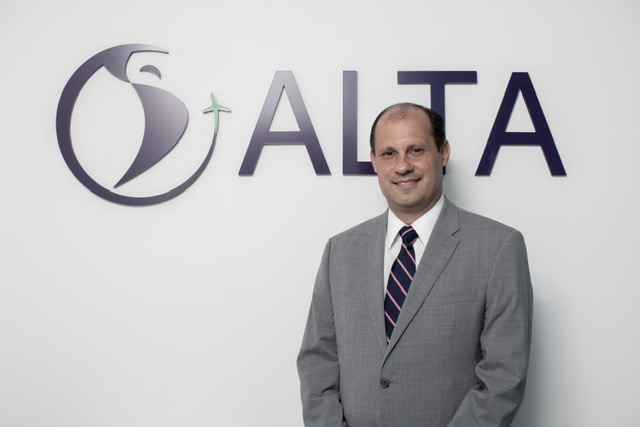By Jose Ricardo Botelho
One of the main challenges of our time is to find answers to the impacts caused by climate change and aviation, as a global industry, plays a decisive role. The sector is responsible for only 3% of CO2 emissions and aims to reduce emissions by half by 2050, compared to 2005 level. Several industry segments have set clear targets for themselves, including reducing net carbon emissions to zero, and they are already working intensively to achieve this by implementing actions in line with the provisions of the Paris Agreement and ratified by ICAO. The adoption of SAFs (Sustainable Aviation Fuels) is an important part of this strategy.
Last month, the European Union launched a package of measures to combat global warming that includes the creation of taxes on aviation fossil fuels. Although, a priori, it seems logical to tax airlines to accelerate the transition to the use of sustainable fuels, such measure does not seem the most appropriate. The scenario is more complex and the effect may be the opposite. The airline industry, which is already suffering from the pandemic crisis and is also a segment with notoriously narrow margins, does not currently need measures that add costs. On the contrary, it needs investment and joint work with governments.
The range of measures guiding the airline industry is wide and includes operational improvements, infrastructure, technological innovations and market measures included in CORSIA (Carbon Offsetting and Reduction Scheme for International Aviation). ALTA, as the association representing the aeronautical industry in Latin America and the Caribbean, recognizes the scheme as a parameter for mitigating emissions from international aviation, avoiding unilateral measures that could disrupt the market. Our Fuel Committee is recognized as a common space in the region for debates on public policies and innovative initiatives for the production of sustainable fuels. The next face-to-face meeting of the committee will be next week, during the ALTA CCMA & MRO Conference, in Punta Cana.
SAFs aim to be a solution to efficiently accelerate decarbonization, since they have the potential to reduce the emission of polluting gases from a plane with a full tank by up to 80%. The problem is that there is a lack of product on the market. We are challenged to provide scalability to the SAF and, for that, we need regulatory frameworks that allow the expansion of production and investments in the many technologies that will be needed and yet to come. These are discussions that are taking, for example, in countries such as the Dominican Republic, Costa Rica and Brazil, within the scope of the Latin American Civil Aviation Commission (CLAC).
Sustainable fuels
As a benchmark in biofuel production, Brazil still does not have a public policy for the production of sustainable aviation fuels, such as ethanol policies, but it is the first country in the region to draw up legal frameworks. ALTA accompanies the industry in the process, together with the government, for the improvement of PL 1873/21, which institutes a federal program to promote research, production and consumption of advanced biofuels in Brazil. We understand the issue of sustainable fuels as a priority, given the importance and impact it will have in the very near future for the operation of airlines and in the effort to reduce global carbon emissions. In this line, the central theme of the ALTA Airline Leaders Forum, ALTA’s premier annual conference, will be a sustainable takeoff. I am pleased to invite everyone to continue the debate in October in Colombia.
* Jose Ricardo Botelho is the CEO and Executive Director of the Latin American & Caribbean Air Transport Association


